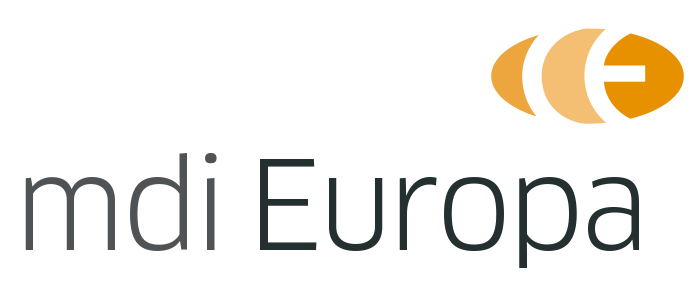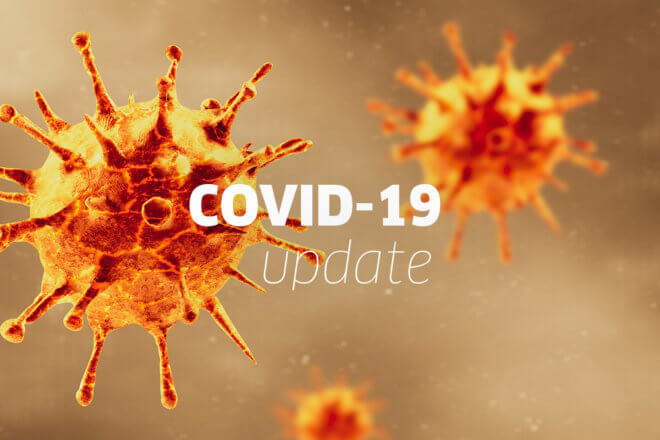Germany has updated its legislation and allows for special admissions of antigen tests for self-administration by laypersons (self-tests) for the detection of SARS-CoV-2. The common conformity assessment procedure for self-test devices involves a Notified Body before they can be placed on the market. An exemption from this process or the special admission respectively is thus bound to certain conditions.
The German Federal Institute for Drugs and Medical Devices (BfArM) has published clarification on the corresponding requirements on its website:
In case of application for special approval of an in vitro diagnostic test for self-testing by laypersons, e.g., for SARS-CoV-2 corona virus, the applicant shall specifically submit or provide evidence of the following:
- Description of the product
- Proof of application for a regular conformity assessment procedure with a European notified body – if no notified body accepts the application, a copy of the rejection from at least 2 notified bodies
- CE marking of the product for professional users
- positive evaluation of the product for professional users by the Paul-Ehrlich-Institute (PEI)
- fulfillment of the current minimum criteria of the Paul-Ehrlich-Institute (PEI)
- Instructions for use in German language intended for self-administration
- repackaging of the product for self-testing
- usability study according to IEC 62366
- proof of compliance with the essential requirements specified in Annex I No. 7 of Directive 98/79/EC specifically for use by lay persons
- up-to-date risk analysis, please highlight the risks resulting from the self-testing by layperson in the submitted copy.
The BfArM reserves the right to request further documents and information in the course of the procedure. Full information can be accessed here.
Source: BfArM





